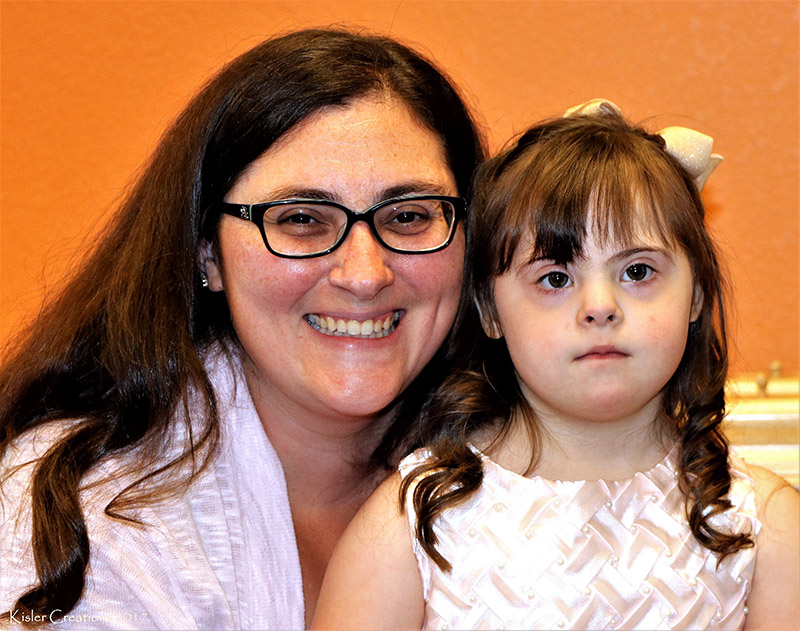Test page
Art Masterpiece is a national volunteer program with the goal of promoting art literacy. We want students to be able to recognize works and artists when they see them out in the real world and hopefully remember some facts about them. We do this through a lesson and an art project to reinforce memories.
Our volunteers engage our students by guiding them through a process and teaching them how to Observe Art. To learn more about our Art Masterpiece Volunteer Training visit our Volunteering page

Art Masterpiece is a national volunteer program with the goal of promoting art literacy. We want students to be able to recognize works and artists when they see them out in the real world and hopefully remember some facts about them. We do this through a lesson and an art project to reinforce memories.
Our volunteers engage our students by guiding them through a process and teaching them how to Observe Art. To learn more about our Art Masterpiece Volunteer Training visit our Volunteering page
Observing Art Guide:
A rich experience with art requires time! Significant aspects are often invisible at first glance. Try spending at least 10 minutes just non-judgmentally observing the art work. See what catches your attention first and then notice everything else. Look at it from far away and study it up close. Let the art work slowly open up and reveal its secrets to you. After just absorbing it for a while, ask some questions.
- In what order did you look at everything?
- Is there a sense of motion? What gave you that sense?
- What did you notice initially? What took time to see?
- What surprised you about the art work?
- Does the work make you feel anything? Does there seem to be a mood the artist wanted to convey?
- Where are you, the viewer, in relation to the subject?
- How does the use of space feel? Is it flat, deep, filled in, empty, etc.?
- Does anything suggest place or time? Are there clues about cultural or historical connections?
- Did you have an opinion about the art work when you started that changed the longer you looked at it?
- What do you find memorable?
- What questions does the art work raise? Keep in mind, there might not be answers!
Asking questions, proposing hypotheses based on observations, finding answers, and formulating an interpretation are skills that have a broad application for students! Inspire others to be interested and experience art in a deep way that goes beyond personal preference by modeling curiosity and a thoughtful observation process.
Observing Art Guide:
A rich experience with art requires time! Significant aspects are often invisible at first glance. Try spending at least 10 minutes just non-judgmentally observing the art work. See what catches your attention first and then notice everything else. Look at it from far away and study it up close. Let the art work slowly open up and reveal its secrets to you. After just absorbing it for a while, ask some questions.
- In what order did you look at everything?
- Is there a sense of motion? What gave you that sense?
- What did you notice initially? What took time to see?
- What surprised you about the art work?
- Does the work make you feel anything? Does there seem to be a mood the artist wanted to convey?
- Where are you, the viewer, in relation to the subject?
- How does the use of space feel? Is it flat, deep, filled in, empty, etc.?
- Does anything suggest place or time? Are there clues about cultural or historical connections?
- Did you have an opinion about the art work when you started that changed the longer you looked at it?
- What do you find memorable?
- What questions does the art work raise? Keep in mind, there might not be answers!
Asking questions, proposing hypotheses based on observations, finding answers, and formulating an interpretation are skills that have a broad application for students! Inspire others to be interested and experience art in a deep way that goes beyond personal preference by modeling curiosity and a thoughtful observation process.
- Planning one lesson with coordinating craft per month: you select the artist/work and may coordinate with teacher to complement curriculum
- Scheduling time with teacher to go in and present/craft with students
- Bringing necessary supplies: you can donate supplies, we have many to choose from in the Art Masterpiece closet, you can utilize what the classroom has (with teacher permission), each class can be reimbursed up to $50
- Setting up/cleaning up a display at the school’s Winter and Spring Art Walks. Your display should include at least one project and each student should be represented
- Brainstorming ideas for fundraising, marketing, events, etc.
Binders at school, please do not take home, lessons can be emailed
https://www.nga.gov/content/ngaweb/education/teachers/lessons-activities.html
http://www.getty.edu/education/teachers/classroom_resources/index.html
Children’s Picture Books About Artists, our public library has many!
Binders at school, please do not take home, lessons can be emailed
http://artprojectsforkids.org/
http://kinderart.com/category/art-lessons/arthistory/
http://makingartfun.com/htm/lesson-zone-index.htm
https://www.nga.gov/content/ngaweb/education/teachers/lessons-activities.html
http://www.getty.edu/education/teachers/classroom_resources/index.html
School Art Supply Closet, please sign out anything you use
The Art Resource Center www.artresourcecenter.org (free items) 1820 W University Dr, Tempe, AZ 85281 602-828-1987 info@artresourcecenter.org
Treasures for Teachers www.treasures4teachers.org (our school will join) 3025 S 48th St #101, Tempe, AZ 8528 480-751-1122
Recycled Materials, do not bring anything that ever contained nuts or common allergens like eggs, milk, soy, wheat or fish, even if it is washed http://www.webmd.com/allergies/food-triggers#1 . It’s a good idea to ask your teacher what the students in class are allergic to and how serious it is
Teachers may have construction paper, paint, brushes, etc. you can use if you ask ahead of time. Most students have glue, scissors, coloring supplies, etc. that they can use
http://www.arthistory.net/art-styles/
https://www.google.com/culturalinstitute/beta/
http://www.artcyclopedia.com/
blah blah blah







